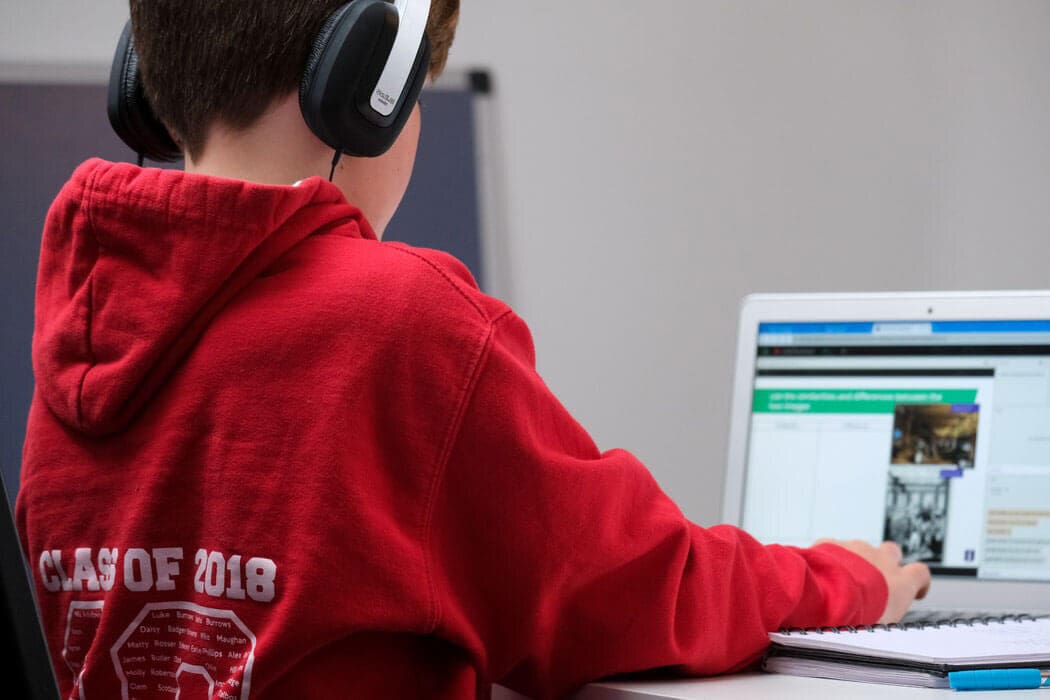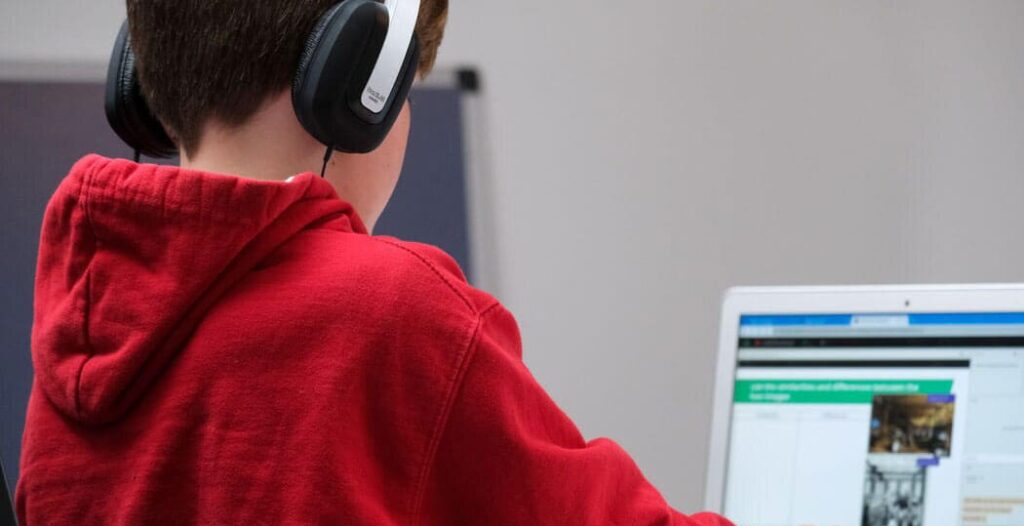
It’s easy to forget the lessons learned during a crisis once the threat subsides and the desire to return to normal prevails.
Will we emerge from COVID-19 ready, willing and able to innovate in new ways for our students and communities?
I remember the oil crisis of the 1970s, when lines for gas stretched for blocks and drivers negotiated with each other for a cup of fuel to get their families home. The public cried out, “Never again!” and demanded smaller, more gas-efficient cars.
But look around today. Even on our small Hawaiian islands large, gas-guzzling vehicles with just a passenger or two drive by every minute.
The reality is our memories are short and our priorities are outweighed by routine and convenience. Real change stemming from crisis takes root best when executed immediately. Let’s commit now to transition back to an improved normal.
One area demanding change is technology and connectivity.

Early on in this pandemic it became clear that the students and families most impacted are the same students and families who were struggling before this began. The ugly underbelly of inequity is more prominently displayed today. When everything settles, those with means will get back to normal and largely forget, and those with limited means before COVID-19 will be the ones who are worse off, falling further behind, further at risk.
This pandemic created conditions for us as an organization to embrace innovation and empowerment faster. The complexity of teaching and leading in this unprecedented time fostered internal collaborations that pushed our collective thinking. I am proud that we entered this pandemic with one instructional design and emerged with a broadened design for online and blended learning.
Despite the challenges that come with social distancing and tele-teaching, our teachers have been hyper-focused on what’s most important: quality instruction and student engagement. Our principals are actively designing for the next generation of school design grounded in digital inclusion. Our principals, teachers, staff, students and families are delivering. But all students must have a device and access at home for this design to be equitable.
Digital access must be a given for a child in today’s public school system. Our schools provide great access at school, which allowed us to distribute over 12,000 loaners in recent weeks. But that’s only half the equation.
Students who have connectivity at home are taking advantage of the many opportunities we’ve transitioned to, including a virtual science and technology fair, project-based learning showcases and regular check-ins via video conference. Students who live in neighborhoods with poor or no connectivity, or whose families cannot afford it, unfortunately are missing out and will continue to be at a learning disadvantage.
This is the time to step up and deliver on a digital engagement approach that will advance our equity agenda. Not addressing this challenge now drives a deeper wedge between the haves and have-nots in our state. The good news is this is fixable. Federal funding through the Coronavirus Aid, Relief, and Economic Security (CARES) Act provides a pre-approved investment opportunity to address part of this challenge and set Hawaii’s public education system apart.
We’ve committed to an aggressive, student-centered promise plan focused on innovation to guide us through the next decade. Innovation today relies heavily on technology. I’m seeking support to come out of this health and economic crisis with real changes to digital access. Service providers, elected leaders and businesses must work with us to solve this issue on behalf of students.
We must pledge that never again will we be in this position of inequitable access to technology for public education students.
Christina M. Kishimoto is superintendent of Hawaii’s Department of Education.

